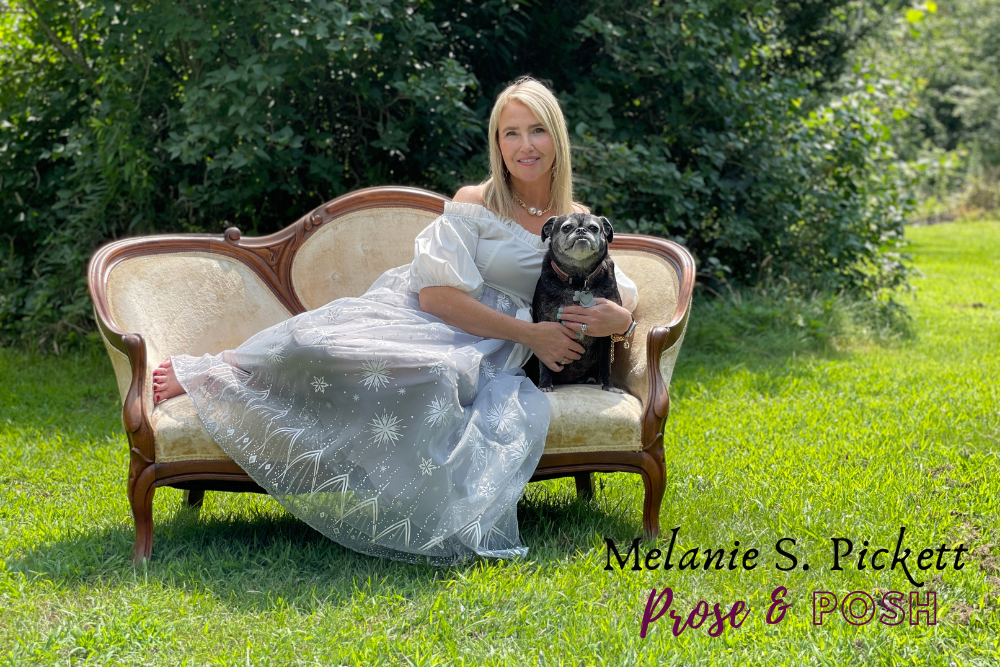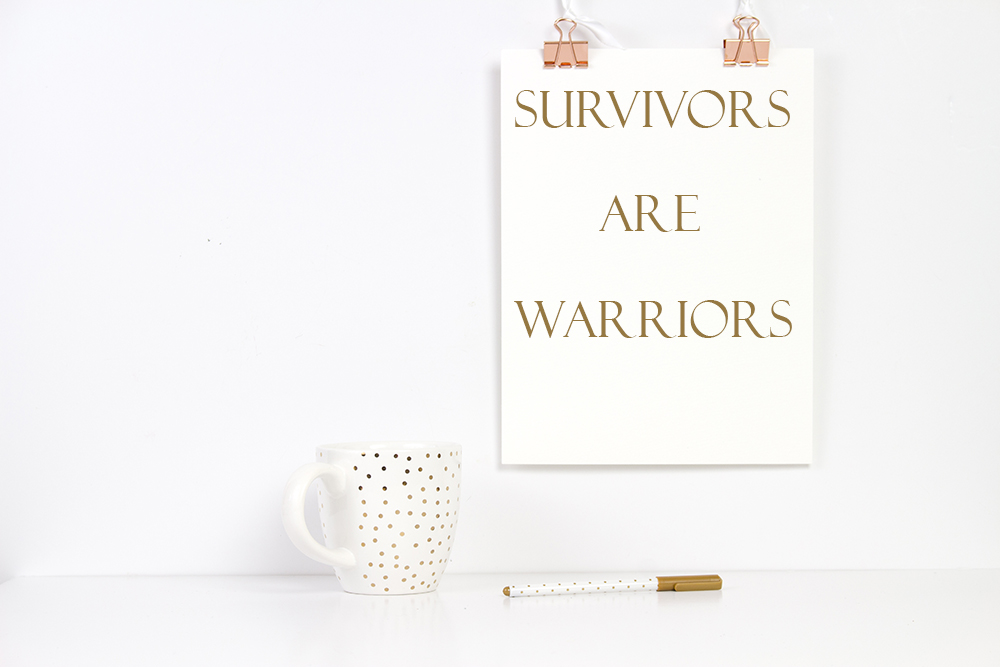Something bad has happened to you. It could have been an accident, abuse, an illness, a violent crime or something else.
It’s over, the “incident” has passed.
But if and how well you move forward all depends on your reaction and your attitude.
Will you be a victim? Or will you be a survivor?
First, I believe you need to acknowledge that you were indeed a victim…of abuse, crime, etc. It happened. It was terrifying. Validate those feelings. It will be difficult to overcome and it will take time, but overcome you must.
And that’s wherein the difference lies: Will you stay stuck in the victim mentality or overcome as a survivor?
A few years ago, I was the victim of a very violent and painful crime. (I will elaborate more about this in a few days). It was tragic, terrifying, and it almost cost me my life. By the grace of God, I am here. I am alive. My children are alive. We are together. God is good. No doubt about it.
When something so violent and traumatic happens, you’re in shock, disbelief, autopilot, I think. Sometimes your mind just can’t process all that’s happened all at once so instead of crumbling under the crushing weight of grief or trauma, your mind allows you to press on. Do what needs to be done. Forge ahead. Maybe you grieve and deal in small doses. Maybe that’s all you can manage. (That may be all any of us can manage).
Very soon after what I refer to as “That Day”, I sought the help of a therapist. I knew it was necessary for me to properly sort through things and promote healing. (Step one towards being a survivor).
My then-therapist presented me with a piece of paper with two columns: one was a list of characteristics of a victim and the other was a list of characteristics of a survivor.
I had a choice to make. Then and there, I had to make a choice.
Was I going to remain a victim? Or become a survivor?
I chose to be a survivor.
I couldn’t imagine myself staying in the painful mentality of victim. I wanted to put as much distance between us and the trauma as possible…as soon as possible. Of course there’s no quick fix for something like this. Sometimes the “fixing” can take years to accomplish and sometimes it’s even a lifelong journey. It’s a journey you do want to travel though.
Someone who remains in a victim mentality perhaps feels comfortable there. It’s what they know. Sometimes they self-sabotage: they don’t succeed and blame other people or their circumstances for not succeeding, even though it was of their own doing. (“Well, I’ll never get good grades anyhow because my mom abandoned us.”) They don’t accept responsibility (“It’s your fault we don’t have a relationship.” Though they’re the one who fractured the relationship).
Their station in life might not be so attractive. Maybe relationships fail. They don’t believe they play a role in that failure. It’s always the other person who caused it or everyone is against them so they’re being oppressed. They don’t seek a solution for the way things are. They want others to fix it for them. They believe what’s happened to them–their upbringing, whatever circumstance–is to blame for how their life is and they will continue to allow it to be a scapegoat instead of taking control of their own lives. They may refuse to believe they need any help learning how to move out of this mentality because it’s not their problem. It’s “everyone else” who has the problem.
Whenever anything goes wrong, even if it’s their doing, they feel things are done to them, that they’re once again victims and they are unforgiving of even slight infractions. Even those small infractions…a cross word, a perceived (but not real) insult…they feel are intentional and hence, unforgivable.
They’re stagnate. Stuck. Because either they don’t want to shed that victim mentality or they don’t know quite how.
Survivors don’t blame everyone and everything for any unpleasant circumstances in their lives.
Survivors don’t blame everyone and everything for any unpleasant circumstances in their lives. They don’t wait around for someone to fix things for them. They decide what they want and plan for it to become reality. They have a good outlook and look forward to things. They no longer want to be a victim. They accept responsibility for their lives and want to be in charge of themselves and their futures. .
Survivors accept their faults and have accountability. They realize perhaps all too well, people (even themselves) are flawed and offer forgiveness. They don’t just allow life to “happen” to them. They work to make their lives they way the want them. They own their power.
While you’re healing and maybe for years after, the survivor can slip back into victim mentality for a moment. I think maybe that’s especially true if someone was a victim for a prolonged period of time through an abusive situation perhaps. Victim mentality has been so ingrained and become a way of life because they were, in fact, a long-term victim. But you can overcome that.
I say often that good, solid therapy is amazing. If you find a therapist that fits your needs, aligns with your belief system, and that clicks with you, it can be a wonderful game-changer. If you’ve been a victim and you find yourself “living” there in that victimization, please don’t. It’s not a thriving place to live. It’s hard and sad there and I urge you to embrace being a survivor. Seek the support you need and enlist the support of family and friends for accountability and encouragement.
It’s a pivotal moment in your life, choosing victim or survivor. Choose survivor. That’s where the power and healing is.
Have you come to the crossroads where you had to make the decision to be victim or survivor? What did you choose? Share your journey in the comments!
Own your life,












